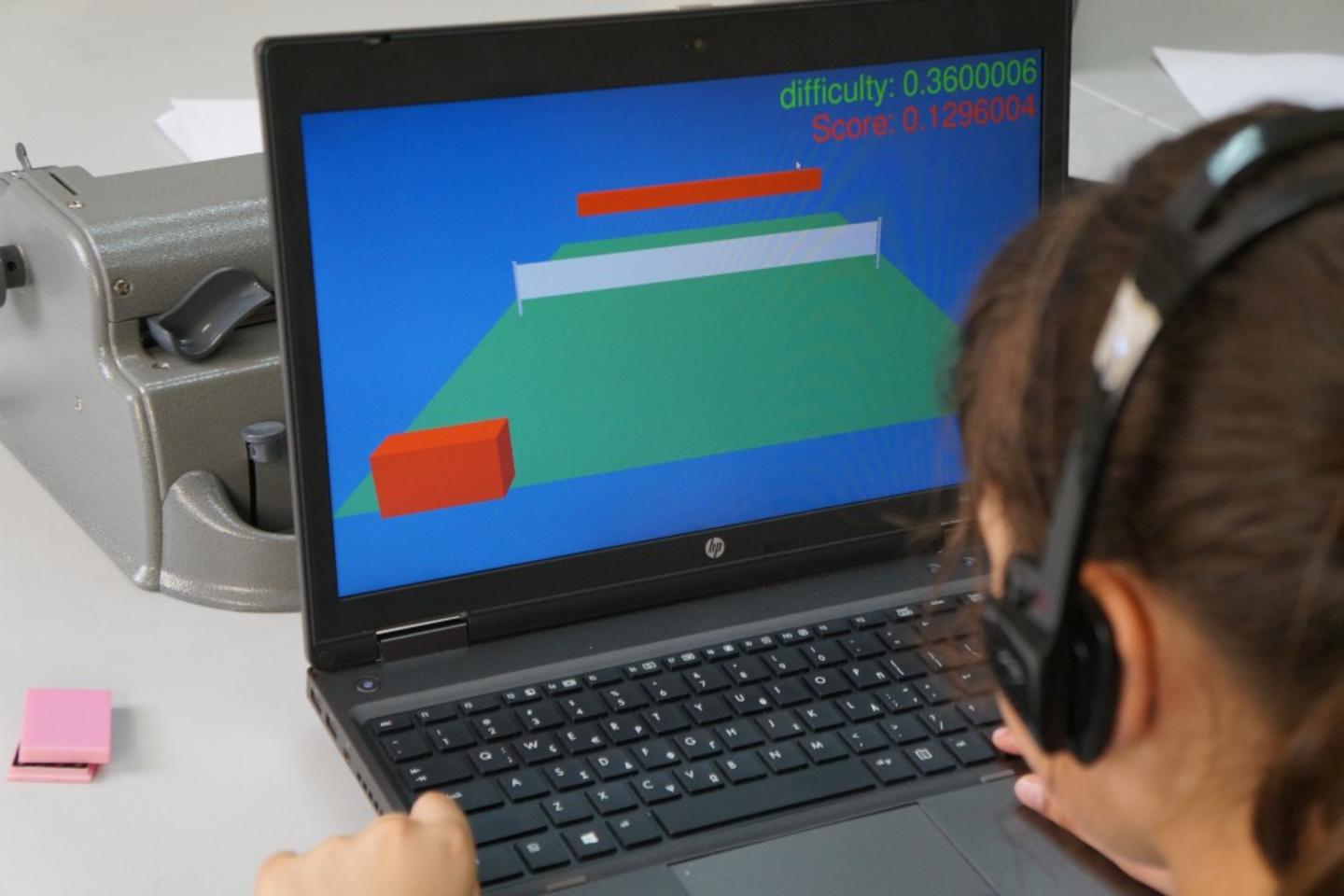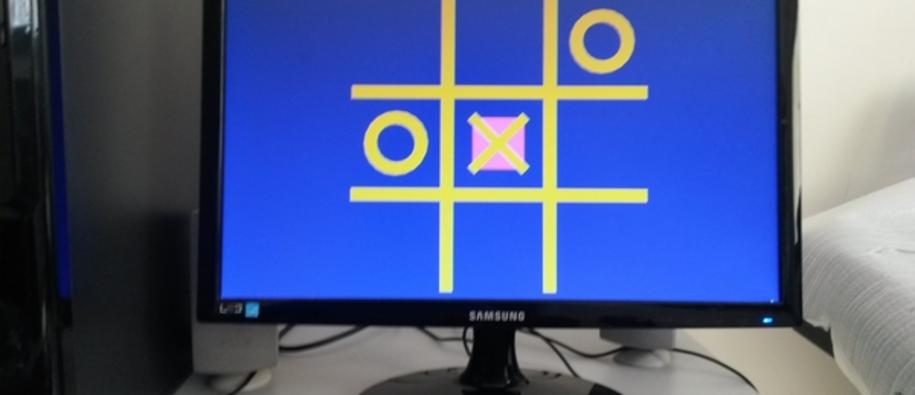“I asked him what kind of games he plays but I didn’t get an answer. He didn’t seem to understand the question,” recalls Vassilis Giannakopoulos, SciFY’s Marketing Manager about his visit to the Greek Centre for Education and Rehabilitation for the Blind.
The visit confirmed what he and the SciFY team had suspected. There are very few quality computer games available for blind children or children with visual impairment. Access to such games can have a positive impact on children's lives. In addition to being a source of entertainment, they can be excellent tools for building both cognitive and social skills. As such, the games have the potential to improve the children’s autonomy, introduce them to new learning opportunities and facilitate social contact.
Supported by Iceland, Liechtenstein and Norway through the Greek ‘NGO programme’ the team set out to develop three games which could do exactly that – all the while bringing smiles to the children’s faces.
Tic-tac-toe
The first game developed was a game of tic-tac-toe based on sounds. The SciFY team brought a beta version to the Special Primary School for the Blind in Athens for testing. At that stage, the game was nowhere near complete. Due to delays in the development process, it still suffered from several bugs, making the team worry that the children would be disappointed.
However, their fears proved to be unfounded – the children were thrilled.
“It was remarkable to see how happy they were with the game. Especially since it had so many bugs that in our minds it was unplayable. It even was the first time one of the children used a computer. This shows just how much efforts like these are needed,” says Giannakopoulos.
Inspired and re-energised, Giannakopoulos and his colleagues headed back to the office with important feedback from the children – determined to deliver a fun game that meets all their needs. The result is the first ready game of the project, which can now be downloaded free of charge on the project website.
Tennis
The team recently headed back to the school – this time to test a beta version of the second game developed through the project, a tennis game based on moving sounds. The team was immediately greeted by children who not only were eager to try the new game, they were likewise excited to get to play the final version of tic-tac-toe:
“Before even telling me ‘good morning’ or ‘hi’, two girls politely reminded me that the other time I visited, I told them that I would give them the game on a USB stick once it was ready so they could play with it,” says Giannakopoulos, “I told them I had already arranged that with the school director, and they would have it the very next day like I had promised.”
Bridging the gap
Giannakopoulos notes that the children’s excitement is yet another example of how technology can improve the quality of life, particularly for people with disabilities:
“We have found that a lot of great technology is being developed. However it often ends up not being used,” he explains, “this is what we want to change – we want to bridge the gap between research and real life.”
With the first game already ready for download and two others being developed, the project aims bring education and entertainment to a large number of children:
“The games are an open source effort,” says Giannakopoulos, “Open source means that the games are available for free and anyone can take them on and develop them further according to their needs. This way LEAP can turn into a wave of solutions.”

